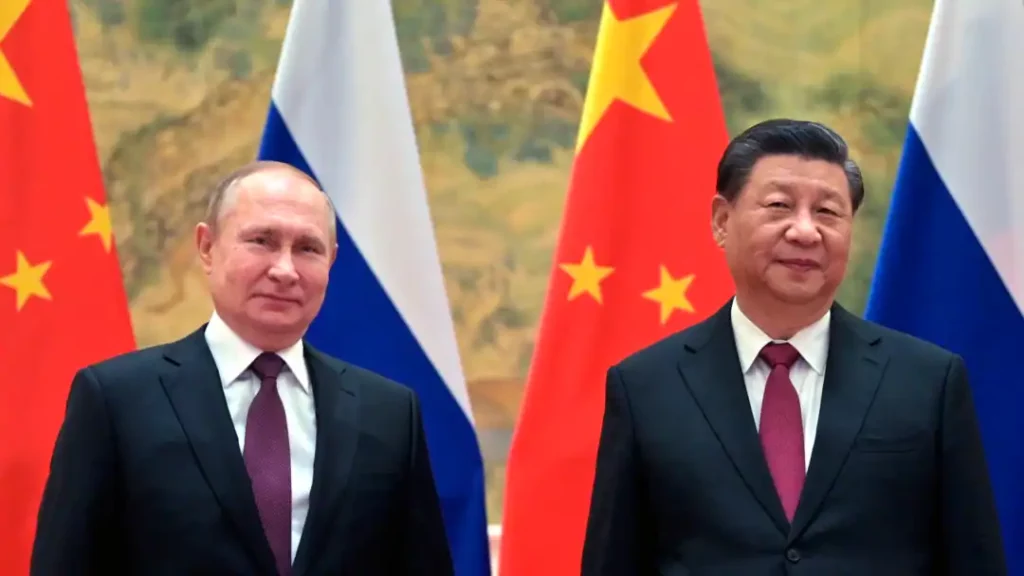
Introduction To Politics Of Now!
New Era of Politics, The world of politics is constantly evolving, driven by changes in society, technology, and global dynamics. In recent years, we have witnessed the emergence of a new system of politics that promises to reshape the way we govern and make decisions.
While this new era brings a host of opportunities and positive changes, it also raises concerns about potential crises on the horizon. In this article, we will delve into the features of this evolving political landscape and explore the challenges it may pose in the future.
The New System of Politics
- Digital Democracy: Technology has brought politics closer to the people. Digital platforms and social media have enabled citizens to engage directly with their elected officials, participate in policy discussions, and voice their opinions. This has led to a more inclusive and responsive political system, allowing for greater transparency and accountability.
- Emergence of Grassroots Movements: Grassroots movements have gained prominence, challenging traditional power structures. Movements like Black Lives Matter and Fridays for Future have demonstrated the potential of ordinary citizens to drive social and political change. This shift in power from established institutions to the people themselves is a hallmark of the new political era.
- Globalization and Interconnectedness: The world is more interconnected than ever before, with global challenges such as climate change, pandemics, and economic instability requiring international cooperation. Multilateral institutions and global governance have become central in addressing these issues, transcending traditional notions of national sovereignty.
- Diverse Political Representation: Increasing diversity in political leadership is a prominent feature of this new era. More women, ethnic minorities, and LGBTQ+ individuals are assuming leadership roles, leading to a broader range of perspectives and policies.
- Green Politics: Environmental sustainability has taken center stage, with a growing emphasis on green policies and climate action. Voters are increasingly prioritizing candidates and parties with strong environmental agendas, pushing for change in the political landscape.
The Crisis We May Face
While these changes offer great promise, they also bring about potential crises:
- Polarization and Disinformation: The ease of communication through digital platforms has fueled polarization as people engage in echo chambers that reinforce their beliefs. This, coupled with the spread of disinformation, can lead to a divided and misinformed electorate, undermining the democratic process.
- Erosion of Trust in Institutions: The erosion of trust in traditional institutions can lead to a crisis of governance. Citizens may lose faith in their governments and the democratic process, potentially destabilizing societies and weakening the effectiveness of governments.
- Global Challenges and Fragmentation: While global cooperation is crucial for addressing pressing issues, there is a risk of fragmentation and a lack of consensus among nations. This could hinder progress on challenges like climate change and global health, potentially leading to widespread crises.
- Inequity and Exclusion: Despite increased diversity in political leadership, systemic inequities persist. The new system may inadvertently exclude marginalized groups, exacerbating social disparities and sparking social unrest.
- Environmental Catastrophes: As environmental concerns rise to the forefront, the failure to address them adequately could lead to environmental catastrophes, further straining resources and causing societal crises.
Conclusion
The new era of politics holds immense promise, offering a more inclusive, responsive, and interconnected world. However, it also presents significant challenges that, if left unaddressed, could lead to crises of trust, polarization, and governance.
It is essential for governments, institutions, and citizens to actively work towards harnessing the benefits of this new political system while mitigating its potential perils. Only through cooperation, responsible use of technology, and a commitment to equality and sustainability can we navigate this evolving political landscape and build a brighter future for all.